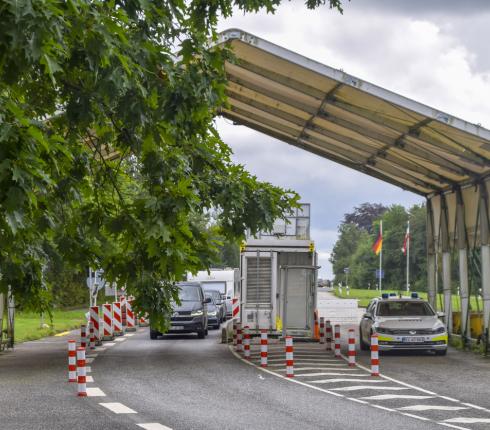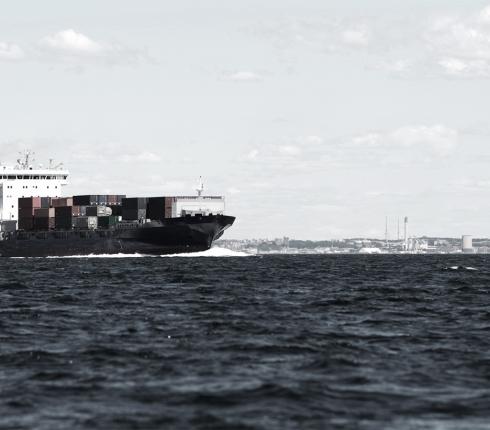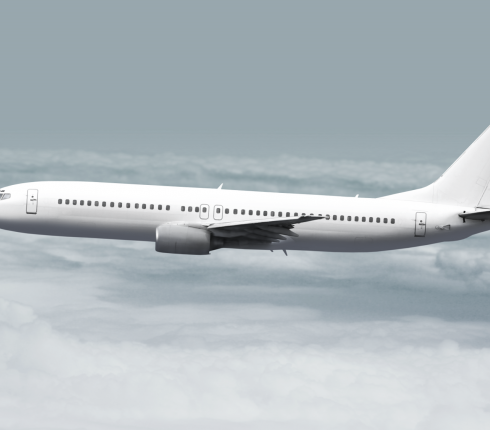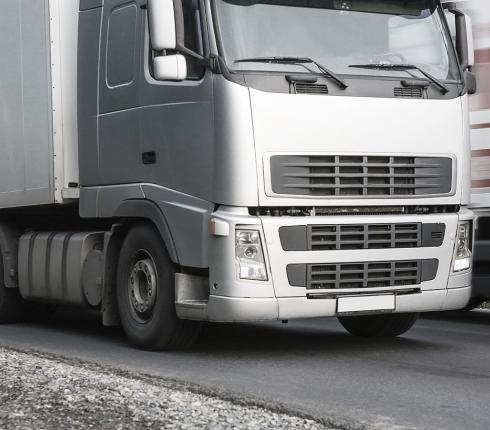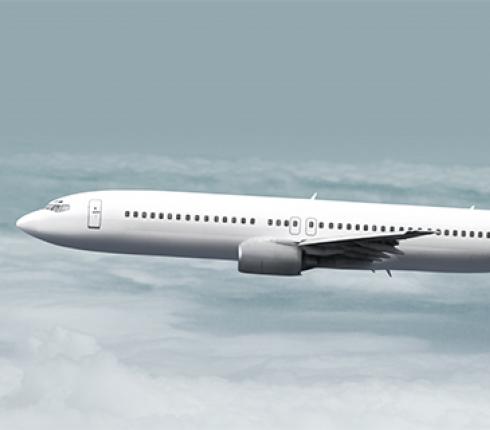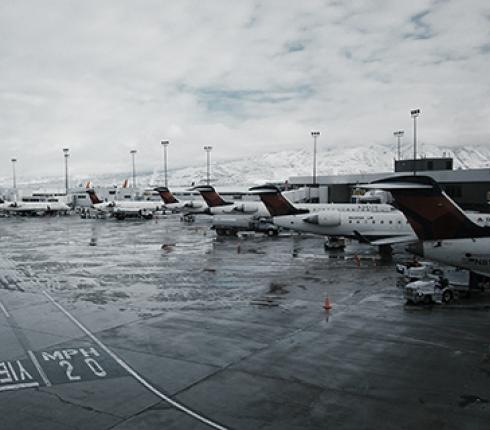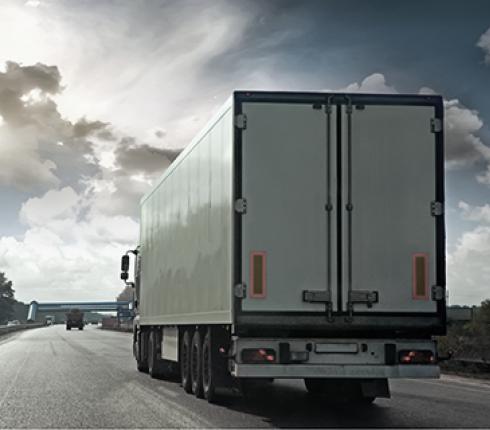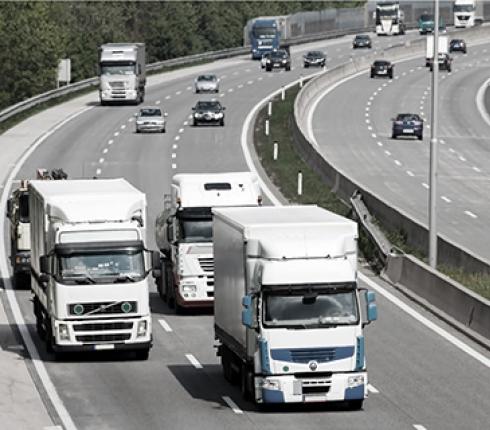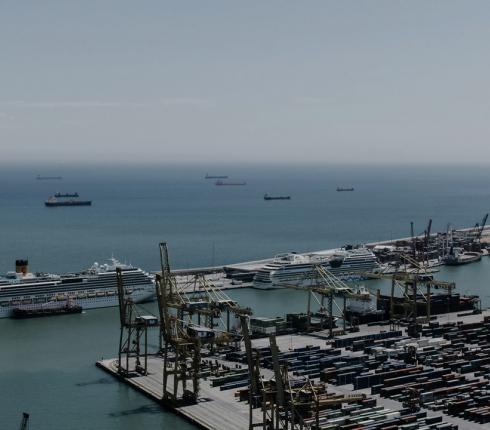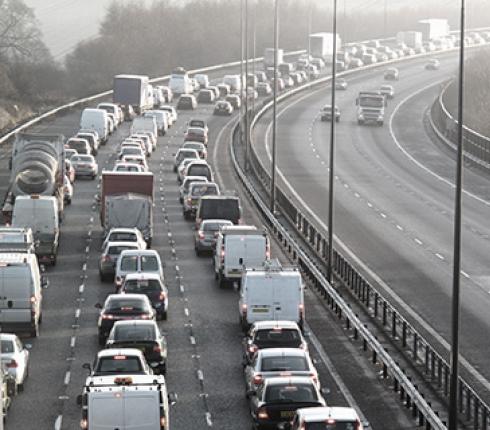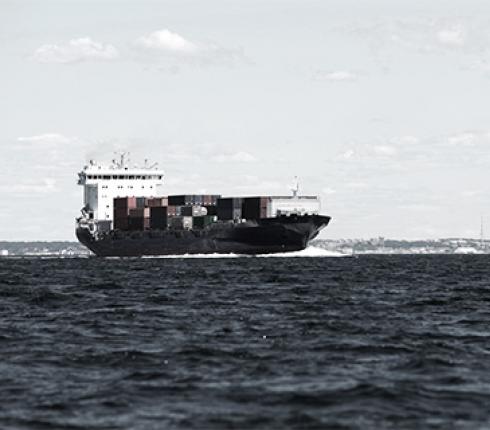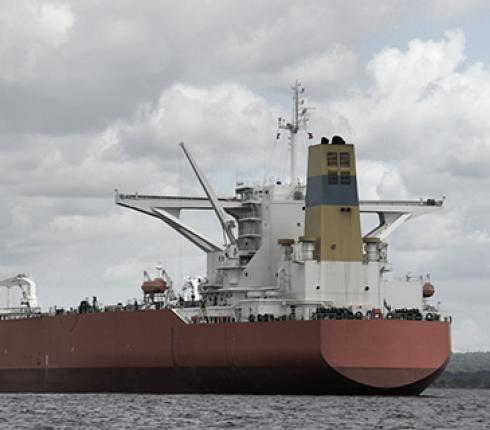Mobility package: How should drivers' wages be set for international transports?
Drivers must be guaranteed a specific national minimum wage when posted. The EU Mobility Package lists specific modes of transport that will always be considered as posting of workers, e.g., cabotage and third-country driving. In some cases, Member States have set certain wage levels for these modes of transport. In other cases, no level of pay is set at the national level – and, therefore, the question is how drivers' pay should be set in the case of a mode of transport that is not regulated at the national level.

Background
The Posted Workers Directive (Directive 96/71) has given rise to considerable debate in the road transport sector. Among other things, it has been discussed whether the transport sector is covered by the posting rules, and if so, which working conditions are drivers entitled to. The questions have been asked as part of a wider debate on 'social dumping' and the working conditions of drivers.
The European Court of Justice (CJEU) has now ruled that the Posted Workers Directive also applies to the transport sector; this was the case, among other things, in Cases C-815/18, Federatie Nederlandse Vakbeweging and C-428/19, Rapidsped. Also, Directive 2020/1057, which is part of the EU Mobility Package, lays down specific rules for the road transport sector in relation to posting. Therefore, the Mobility package makes it easier to assess when drivers are posted and when drivers must have a certain minimum wage.
Directive 2020/1057 must be implemented in Denmark by 2 February 2022, and a Danish bill implementing the Directive is now being considered in parliament.
When is it considered posting in the road transport sector?
Directive 2020/1057 lays down the modes of transport considered to be posting of workers and which are not. The Directive specifies that the driver shall not be considered a posted worker in cases of transit, bilateral transport, or bilateral road leg of a combined transport operation. In the case of these modes of transport, therefore, the rules on posted workers do not apply, and, therefore, a minimum wage is not payable under the Posted Workers Directive.
Conversely, Directive 2020/1057 specifies that it is posting of workers in the case of cabotage, non-bilateral international transport or non-bilateral road legs of a combined transport operation. Non-bilateral international transport includes, among others, third-country operations (cross-trade). In these modes of transport, hauliers should be aware that drivers must be guaranteed certain working conditions, including a certain level of pay.
What to pay attention to when driving in or to Denmark?
Although Directive 2020/1057 sets out which modes of transport are considered posting of workers, it should be borne in mind that the Danish bill (see link above) does not set a specific minimum wage for all types of transport. The Danish bill sets out how the minimum wage for foreign drivers should be set in relation to cabotage and combined transport. However, the bill does not specify how the minimum wage should be set in the case of international transport (e.g., third-country operations (cross-trade)).
In other words, it is not possible to determine exactly how the minimum wage should be set in relation to international transport, in the same manner as we can in relation to cabotage and combined transport.
Although a calculation of the minimum wage in relation to international transport is not included in the Danish bill, hauliers must continue to ensure that a minimum wage is also paid in international transport in accordance with the posting rules.
How is the minimum wage calculated for international transport?
Since the Danish bill does not specify how wage levels for international road transport should be set, the question is how to find the right level of pay in other ways. According to the posting rules, foreign drivers must be guaranteed a minimum wage equal to the minimum wage Danish employers must pay for "equivalent work".
The question is then what can be considered to be "equivalent work". For example, can you base the wage on the rates for cabotage, combined transport, or other modes of transport? Should the wage simply be based on a level that is deemed "reasonable"? Or can wages be set in accordance with collective agreements in the transport area? There is no clear answer, and it will, therefore, in practice, be a concrete assessment to be made by the hauliers. Such a grey area can be a major challenge and may result in drivers not getting the correct minimum wage in practice.
Help might be found in a potential minimum wage directive that has been put forward by the European Commission in October 2020 and is now under consideration in the EU. The Minimum Wage Directive, like the Posted Workers Directive, is designed to combat "social dumping" and "working poor" and aims to ensure adequate working and living conditions for all workers in the EU. The Directive proposes that the EU Member States ensure that all citizens have access to a fair wage – for example, by law or agreement. Thus, it will be possible to determine more closely the minimum wages to be paid by employers to their employees, including drivers who drive international road transport.
In addition to a potential minimum wage directive, help may be available from the CJEU, which can interpret how wage levels should be set in the transport industry for posting. The CJEU has already ruled on how the Posted Workers Directive should be interpreted in relation to other aspects of the calculation of wages. Second, the CJEU has specified that in some cases, daily allowances may also be considered as part of the wage.
There is no indication that the new Directive (2020/1057) will change this practice so that daily allowances will also count towards the minimum wage calculation after 2 February 2022.
NJORD's comments
As hauliers and drivers must pay particular attention to the mode of transport involved when transport is carried out across borders, as the mode of transport will be decisive in the future in relation to the calculation of wages. Particular attention should be paid to whether the mode of transport in question is covered by the rules on posting and whether a specific minimum wage is set at the national level for the mode of transport in question. If a specific minimum wage is not set, ensure that the wage paid is at least equal to the level of pay a national employer is obliged to pay for similar work.
Setting a specific minimum wage for international road transport can become problematic in Denmark, as it is not clear from either law or collective agreement how such a minimum wage should be set.
NJORD can help assess whether the rules on posting cover a mode of transport and whether a specific minimum wage should be paid – by the deadline of 2 February 2022.
Remember also to ensure registration of the posted drivers in IMI, which should work before the new rules on posting rules come into force.

